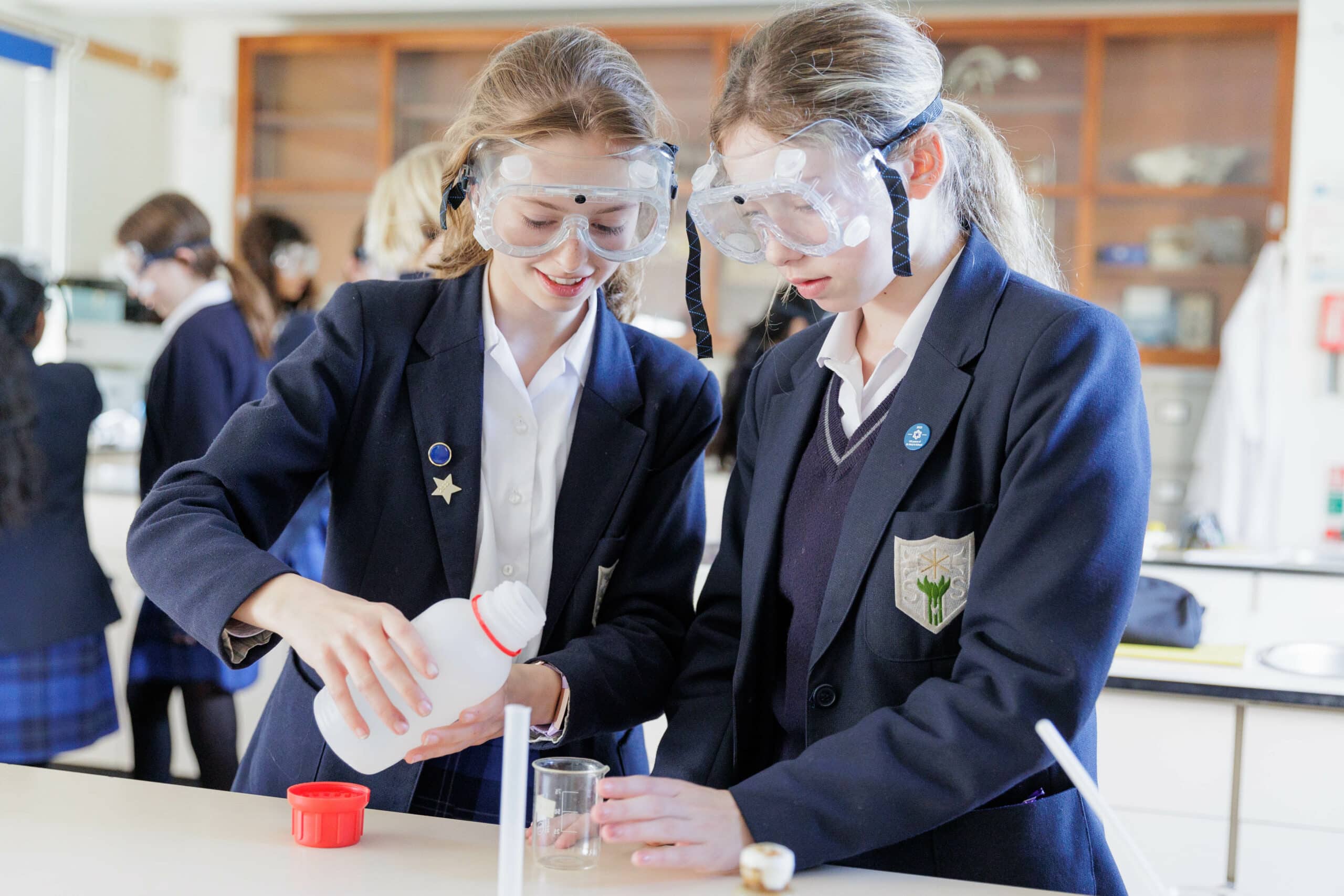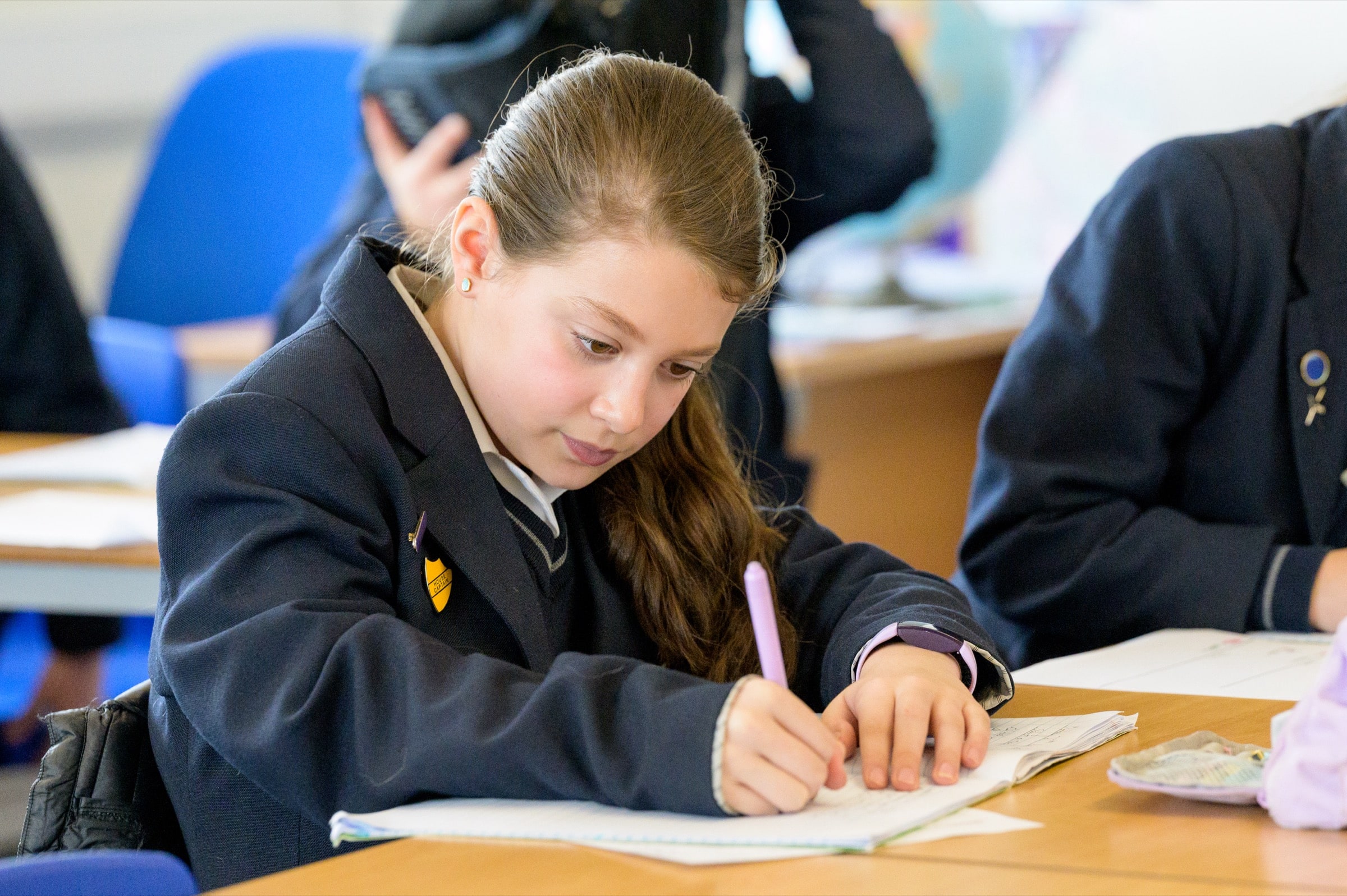Metacognition
Empowering Students Through Metacognition
At St Mary’s School we believe in achieving academic excellence through embedding lifelong learning skills that empower our students to thrive in any setting. Our teaching and learning focus centres on metacognition—a concept that goes beyond “what to learn” and delves into “how to learn.”
Metacognition, simply put, is about understanding your own thinking processes. It’s a learner’s ability to plan, monitor, and evaluate their approach to tasks. This enhanced self-awareness enables students to choose effective strategies, recognise their strengths, and address gaps in their knowledge. It’s the difference between learning something and seeing yourself as a learner.
The Qualities of an Effective Learner
An effective learner is someone who understands how they learn best. These learners display key qualities such as:
- Awareness of strengths and weaknesses: Knowing what they’re good at and where they need help.
- Self-regulation: Managing thoughts, emotions, and behaviours to overcome challenges.
- Understanding how to learn: Whether through reading, listening, or hands-on practice.
- Planning, monitoring, and evaluating: The essence of metacognition.
When students ask themselves questions like, “What do I need to do for this task? How am I doing? What could I do better next time?” they’re building the habits of effective learners. By helping our students develop these skills, we aim to create independent, adaptable learners who are prepared for success in education and beyond.
Bringing Metacognition into the Classroom
We ensure that metacognition underpins our approach to teaching. This academic year we have focussed on metacognitive strategies, informed by the latest research from the Education Endowment Foundation (EEF). We teach students how to:
- Plan: Identify the steps and strategies needed for a task.
- Monitor: Stay on track and adapt when necessary.
- Evaluate: Reflect on what worked and what can be improved.
These skills are explicitly modelled in lessons, reinforced with consistent language, and embedded into everyday teaching.
Homework with Purpose
We’ve also adapted our homework policy to align with our metacognitive focus. Homework is about purposeful, independent learning. Students are encouraged to take ownership of their tasks, use feedback to improve, and view homework as an opportunity to deepen their understanding.
Why Metacognition Matters
Research shows that metacognition boosts educational attainment across all phases and subjects. Perhaps most importantly, metacognition equips students with the tools to take charge of their learning journey. This aligns seamlessly with our school’s TAKE CARE values, which emphasise enthusiasm, curiosity, ambition, resilience, and excellence.
A Shared Commitment to Learning
Metacognition is more than a teaching strategy; it’s a mindset that shapes how our students approach challenges. By embedding metacognitive practices throughout our curriculum, we are fostering not just academic success, but also the confidence and resilience needed to tackle life’s complexities. Through our commitment to these practices, we are ensuring that every student at St Mary’s becomes an effective learner.



